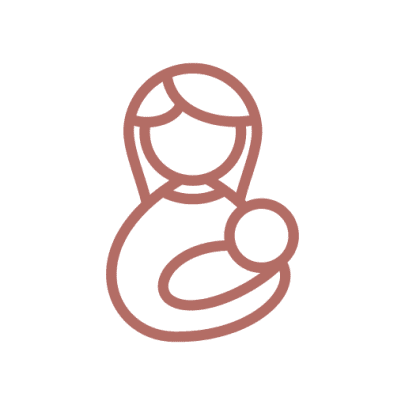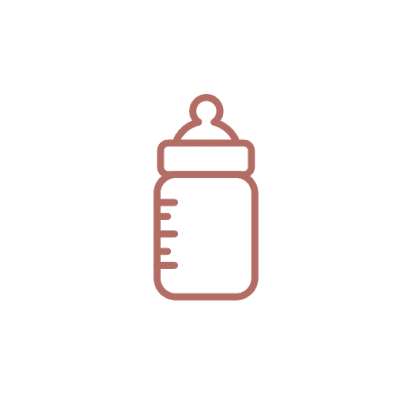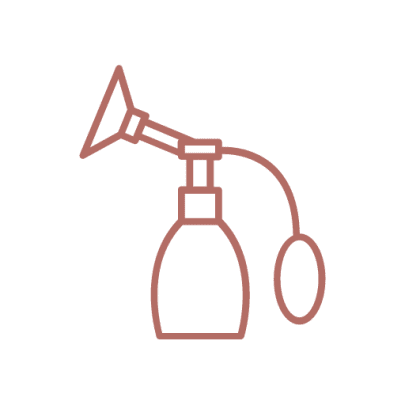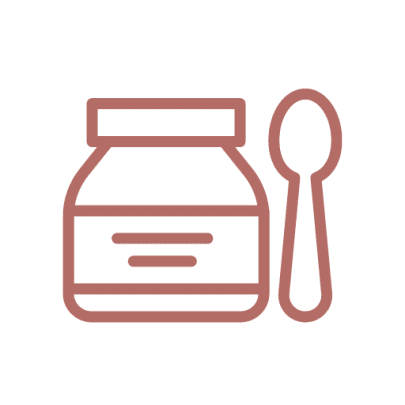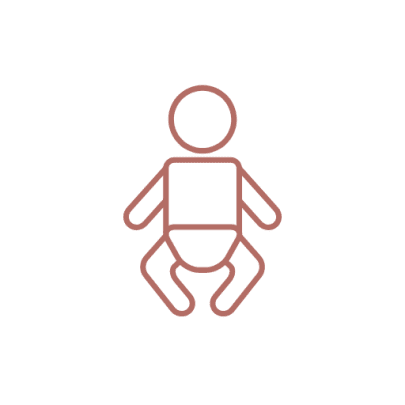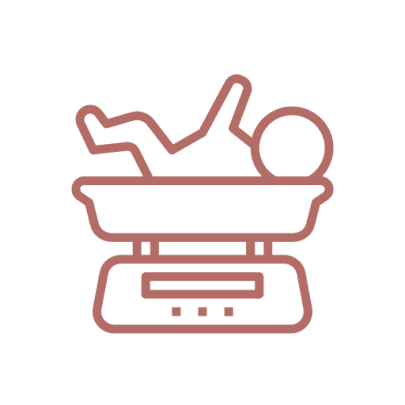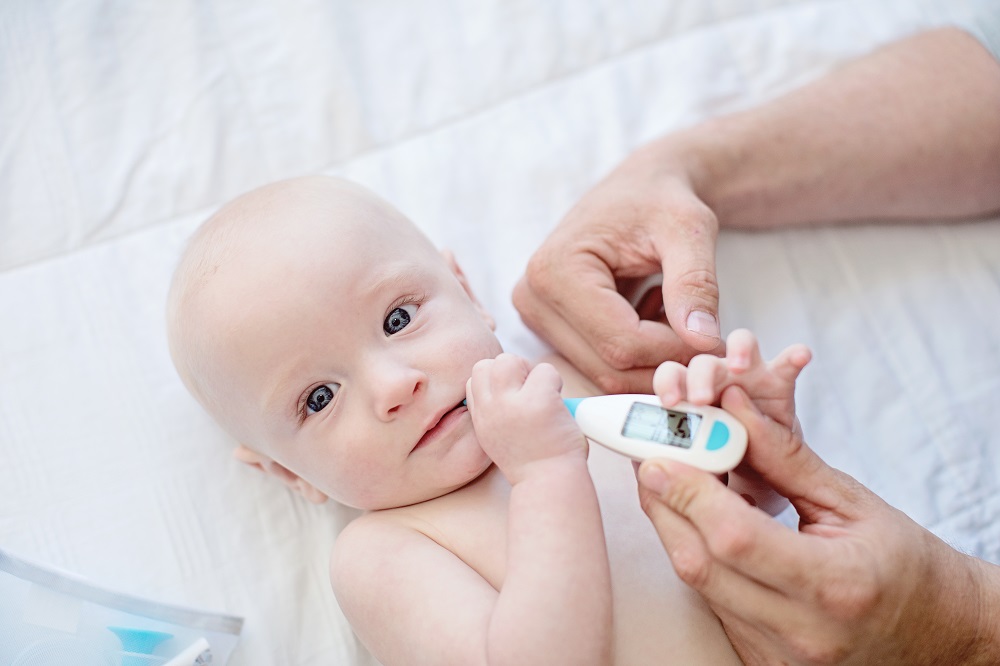 Winter is a time when coughs, colds, flus, and fevers abound. And when your baby gets sick, particularly if you’re a first-time mum, it can be hard to know when to worry and when to let things take their course. Here are some guidelines to follow if you have a sick baby in the house.
Winter is a time when coughs, colds, flus, and fevers abound. And when your baby gets sick, particularly if you’re a first-time mum, it can be hard to know when to worry and when to let things take their course. Here are some guidelines to follow if you have a sick baby in the house.
I have a sick baby! When should I worry? What should I do?
Firstly, here are signs you should rightly be concerned about if you have a sick baby, and your first action if you notice them in your baby should be to determine how serious the signs are, and get in touch with either Healthline (0800 611 116), PlunketLine (0800 933 922), your midwife, your GP, or head to your local emergency department. If you don’t know whether it’s serious or not, err on the side of caution — it is better to be safe than sorry.
Signs to be concerned about
- If your sick baby is under the age of three months and has a fever (a normal temperature is between 36.6ºC to 38ºC). Check out this handy Oricom InfraRed Thermometer for easy easy temperature taking.
- If your baby’s fontanelle (the soft spot on top of their head) is swollen
- If your baby has any trouble breathing
- If your baby is vomiting or has diarrhoea (loose, runny stool)
- If your baby is crying inconcolably or seems to be in pain
- If your baby is limp, listless, or can’t be awakened from sleep
- If your baby is very pale or their skin is very flushed (red), or if they have a rash
- If your baby has any trouble swallowing, or is refusing to drink from the breast or bottle
- If your baby is having convulsions or seizures
If your baby is showing any of these signs, get professional medical advice straightaway.
If your baby has a minor illness, and your doctor or health professional is confident that they are best kept home to rest and heal, there are some things you can do to help them to feel better.
What you can do if your baby is sick
- Make sure they are drinking plenty of fluids. Continue to offer breastfeeds or bottle-feeds. They may not have much appetite as being unwell can cause a sick baby to not feel like eating or drinking, so keep up their fluids – you may need to offer them more frequently until their appetite is back.
- Practise good hand hygiene with all members of your household. Wash your hands before and after caring for your sick baby, particularly after changing nappies or wiping noses, and before preparing meals or bottles. Also, this “snot sucking” nose clearing tool is a godsend if your baby has a blocked nose. Keep toys, kitchen, bath & sink surface clean with antibacterial spray.
- Be prepared to stay home with your baby to allow them to have some quiet time to rest. Give extra cuddles — the best medicine!
- Keep your baby home from childcare, as they can not only pass on infections to others, but also their lowered immune system means they’re even more susceptible to picking up more bugs.
- Don’t reuse tissues or soiled blankets/muslins/burp cloths. Wash bedding and clothing in hot water to kill the germs. You might want to invest in extra soft face cloths so you always have enough in rotation.
- If your doctor has prescribed any medications like pain relief, follow the instructions to be sure you are giving the right dose — don’t ever give your baby medications of any kind without the recommendation of a health professional.
Winter is a hard time for families, particularly if you have a sick baby, as in the early years they seem to catch every bug going around! Remember to look after yourself too, and get as much rest as you can. Accept any and all offers of help, and don’t be afraid to ask friends and family to help you out at this time.
For more helpful baby gear, check out our range of tried-and-tested baby products.

